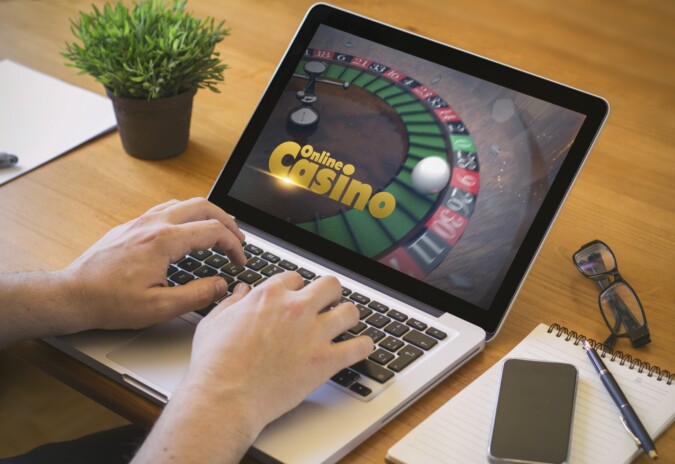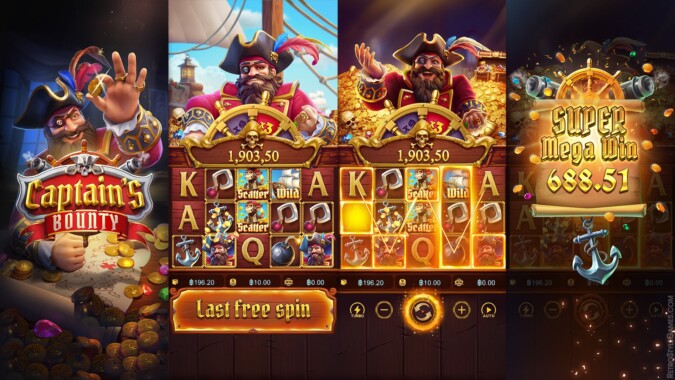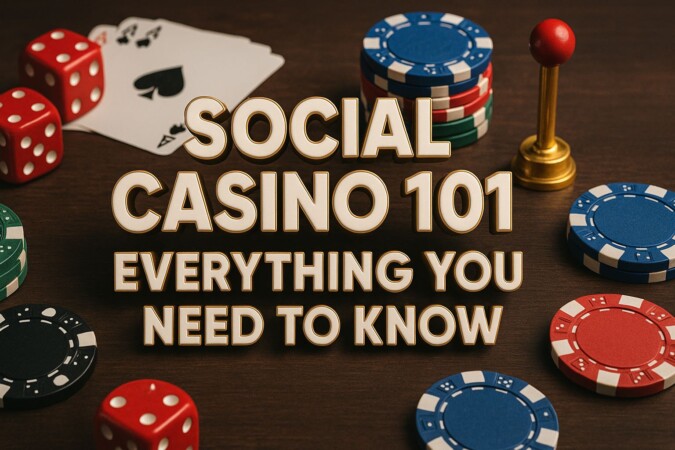When it comes to online casinos, few debates are as common as slots versus roulette. Both are iconic, both attract millions of players daily, yet they operate under entirely different mechanics. The short answer is that roulette generally offers better winning chances than slots — especially when you play European roulette with a single zero. However, that advantage depends on the type of bet you place, the slot’s RTP (Return to Player), and your approach to bankroll management.
How Slots Work
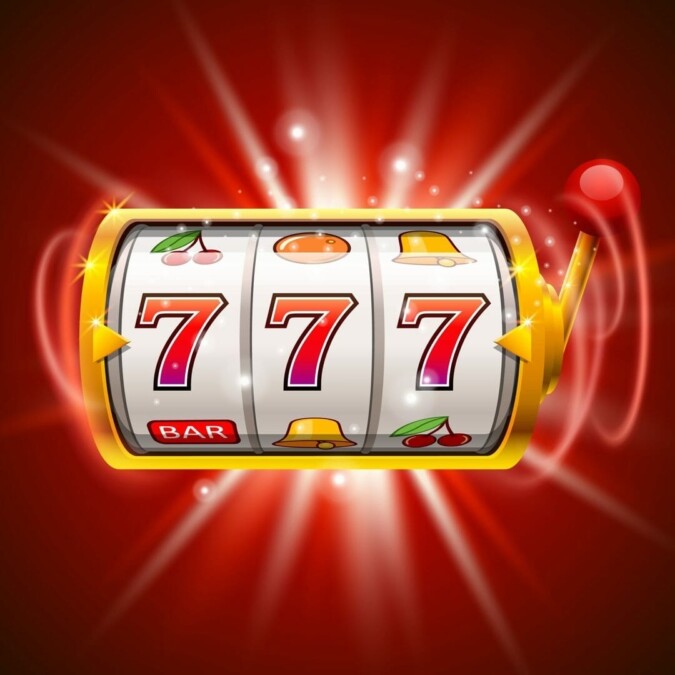
Online slots are pure games of chance. Each spin is determined by a Random Number Generator (RNG), ensuring that no strategy or pattern can influence the result. What you can control, however, is the type of slot you choose. Every slot game has two key metrics that determine its profitability:
| Slot Metric | Meaning | Typical Range |
|---|---|---|
| RTP (Return to Player) | Percentage of total wagered money paid back to players over time | 92%–97% |
| Volatility | How often and how much the slot pays out | Low, Medium, High |
A high RTP slot (around 96–97%) theoretically returns more money over the long term than one with a lower RTP, though it still favors the casino. For instance, a 96% RTP means that for every €100 wagered, the average long-term return is €96, and the house keeps €4.
The volatility setting determines how that return is distributed. High-volatility slots may rarely hit, but when they do, they can pay out 1000x your stake or more. Low-volatility games, on the other hand, provide smaller, more frequent wins — a slower but steadier experience.
Some modern slots also include bonus rounds, progressive jackpots, and special wild features. These extras attract players but often lower the RTP slightly because part of your wager contributes to the jackpot pool.
Roulette Odds
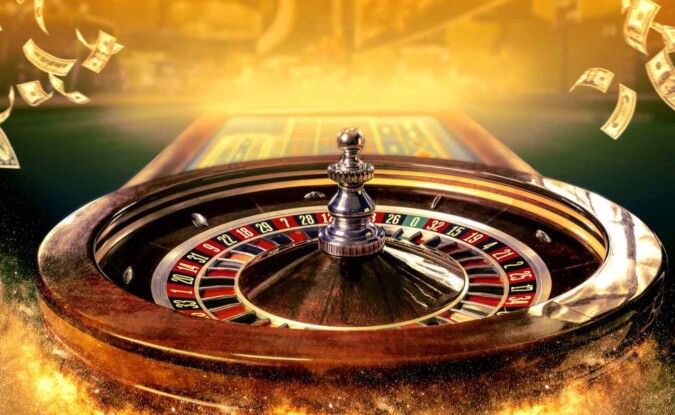
Roulette is one of the most mathematically transparent casino games. Instead of relying on software algorithms, it’s governed by physical probability. You place a bet on a number, color, or range, and the wheel determines the outcome.
The key difference between roulette variations lies in the number of zeros:
| Version | Zeros | House Edge | RTP |
|---|---|---|---|
| European Roulette | 1 (0) | 2.70% | 97.30% |
| American Roulette | 2 (0, 00) | 5.26% | 94.74% |
| French Roulette | 1 (0) with “La Partage” rule | 1.35% (on even bets) | 98.65% |
This table shows why roulette, especially the European and French versions, statistically gives you better winning chances than most slots. A house edge of 2.70% or less is significantly smaller than the average 4–6% seen in slot machines.
That means if you consistently bet the same amount in both games, you’d mathematically lose less money playing roulette in the long run.
Comparing Actual Winning Probabilities
Let’s compare a few real-world scenarios:
| Bet Type | Game | Win Probability | House Edge | Payout |
|---|---|---|---|---|
| Red/Black | European Roulette | 48.65% | 2.7% | 1:1 |
| Single Number | European Roulette | 2.7% | 2.7% | 35:1 |
| Medium RTP Slot (96%) | Online Slot | Random per spin | ~4% | Varies (1x to 1000x+) |
Roulette offers fixed, visible probabilities, whereas slots rely on hidden algorithms. On roulette, you always know your odds before placing a bet. On slots, the results are averaged across millions of spins, and no single player can rely on the RTP for short-term sessions.
If your goal is consistent, smaller wins, roulette clearly has the edge. But if you’re chasing large, unpredictable jackpots, slots offer higher potential payouts — albeit with worse odds.
The Role of Player Strategy
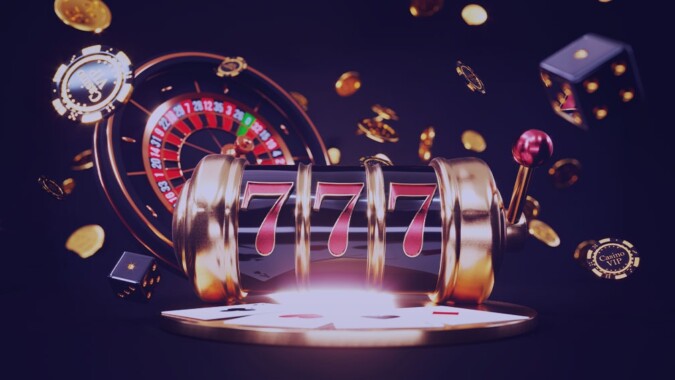
One of the biggest distinctions between slots and roulette lies in player influence.
Slots:
- Strategy has minimal impact.
- You can’t change your odds by betting differently.
- The best approach is bankroll control and choosing high-RTP games.
Roulette:
- Basic betting systems (like Martingale or Fibonacci) can help manage risk, but they don’t change the house edge.
- Still, roulette rewards discipline and an understanding of bet structure.
- You can improve consistency by sticking to even-money bets (red/black, odd/even, 1–18/19–36).
Roulette allows limited tactical play — something slots lack. That element of control makes it more appealing to players who like calculated risk instead of blind chance.
Which Game Pays Out More Over Time?
Mathematically, roulette pays back more of what you wager. For instance:
- If you play 1,000 rounds of European Roulette at €1 per bet, your theoretical loss (house edge 2.7%) is €27.
- If you play 1,000 spins on a slot with a 96% RTP (€1 each), your theoretical loss (house edge 4%) is €40.
Over time, the difference becomes substantial — especially for regular players. Roulette gives you more playtime and smaller losses in exchange for steadier, less dramatic wins.
That said, the psychological reward of slots is different. Many players enjoy the sensory feedback — lights, sounds, free spins — and the chance at sudden big wins. That thrill is why slots dominate most online casino revenue.
Where You Play Matters

Your choice of platform also affects fairness, security, and bonus potential. It’s essential to play only on licensed and transparent sites that publish their game RTPs and follow regulatory standards.
A trusted platform like bet365 offers both roulette and slots from verified providers, ensuring audited randomness and clear payout rates. That matters because not all casinos disclose game statistics or use certified RNGs, which can tilt results unfairly.
Good platforms also offer live dealer roulette, which gives players real-time visual confirmation of outcomes — further enhancing trust and immersion.
The Entertainment Factor
Numbers aside, the “better” game depends on your personality and goals:
| Player Type | Best Choice | Reason |
|---|---|---|
| Casual player who enjoys quick action | Slots | Easy to play, no strategy needed, highly visual |
| A player who enjoys control and logic | Roulette | Transparent odds, decision-based betting |
| Jackpot hunter | Progressive Slots | Life-changing potential prizes |
| Conservative player | European/French Roulette | Low house edge, stable returns |
Slots are more stimulating visually and psychologically. Their design keeps you engaged with frequent mini-rewards — a phenomenon tied to variable-ratio reinforcement (the same principle used in social media engagement loops).
Roulette, by contrast, rewards focus and timing. It’s calmer, more deliberate, and attracts players who prefer rhythm over randomness.
Middle Ground: Hybrid and Live Casino Options
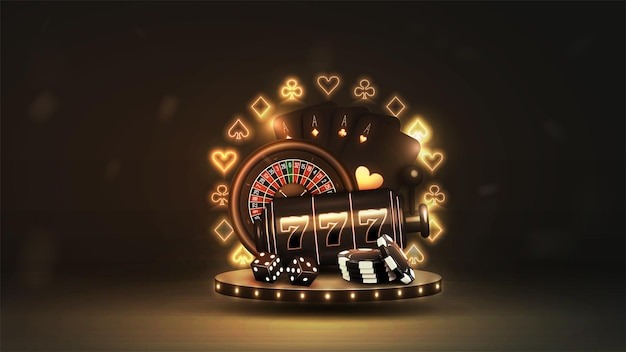
Modern online casinos increasingly blur the lines between slots and roulette. You’ll find hybrid games that mix spinning wheels with bonus rounds or live shows. Titles like Dream Catcher or Crazy Time combine the structure of roulette with the excitement of slot-style multipliers.
These games aim to bridge the two worlds: predictable betting mechanics and thrilling visual elements. Yet, their house edge often exceeds 4%, putting them closer to slots in profitability terms.
Verdict: Which Game Truly Offers Better Winning Chances?
Statistically and practically, roulette gives better winning chances than slots — particularly the European or French versions. You can know your odds upfront, minimize losses through smart bet choices, and play at one of the lowest house edges in online gaming.
Slots, on the other hand, prioritize excitement and possibility. They’re built for entertainment and unpredictable highs rather than consistent returns. While you can win big, you’re more likely to experience long dry streaks punctuated by rare payouts.
In short:
- For long-term better odds → play roulette.
- For short-term fun and massive jackpots → choose slots.
Both games can be enjoyable if approached with clear expectations. Roulette rewards patience and understanding of probability. Slots reward persistence and luck. The key is knowing which kind of player you are — and playing accordingly.

